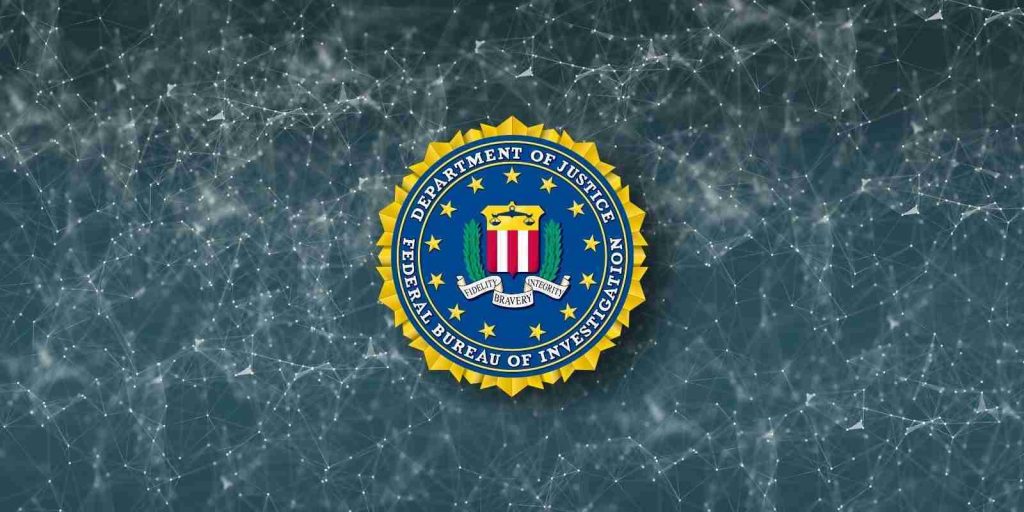
The Federal Bureau of Investigation (FBI) is warning US private sector companies about an increase in business email compromise (BEC) attacks targeting state, local, tribal, and territorial (SLTT) government entities.
This warning was issued via a TLP:WHITE Private Industry Notification (PIN) sent on March 17 and coordinated with DHS-CISA.
BEC scammers use social engineering, phishing, or hacking to compromise business email accounts with the end goal of redirecting pending or future payments to bank accounts under their control.
“From 2018 through 2020, the FBI observed increases in business email compromise (BEC) actors targeting state, local, tribal, and territorial (SLTT) government entities for financial gain due to vulnerability exploitation and transparency requirements,” the FBI said.
“BEC actors continue to target SLTT government entities with spoofed emails, phishing attacks, vendor email compromise, and credential harvesting techniques to manipulate payment or direct deposit information.”
BEC attacks against SLTT govt orgs further intensified after the start of the COVID-19 pandemic and the rapid switch of a large part of their workforce to remote work.
Also Read: The 5 Benefits Of Outsourcing Data Protection Officer Service
After sending 40,000 emails as part of 152 phishing assessment campaigns of SLTT orgs during 2020, DHS-CISA detected around 5,500 clicks on malicious links embedded in the phishing messages (amounting to a 13,6% click rate).
Between November 2018 and September 2020, the FBI observed losses ranging from $10,000 up to $4 million, which led to considerable resource strain and significantly impaired SLTT governments’ operational capabilities.
The intelligence and security service highlighted several successful attacks against US govt entities during this time:
“The FBI’s Internet Crime Complaint Center (IC3) notes BEC is an increasing and constantly evolving threat as criminal actors become more sophisticated and adapt to current events,” the FBI added.
“There was a 5 percent increase in adjusted losses from 2019 to 2020, with over $1.7 billion adjusted losses reported to IC3 in 2019 and over $1.8 billion adjusted losses reported in 2020.”
FBI’s 2020 annual report on cybercrime affecting US victims published earlier this week listed a record number of complaints and financial losses during last year.
Out of 791,790 complaints received by the Internet Crime Complaint Center (IC3), causing more than $4 billion in losses, 19,369 complaints were about BEC or email account compromise (EAC) scams and generated $1.8 billion in losses.
Also Read: How To Prevent WhatsApp Hack: 7 Best Practices
In other alerts issued last year, the FBI warned of BEC scammers exploiting cloud email services such as Microsoft Office 365 and Google G Suite, and email auto-forwarding in their attacks.
Role of Enhanced Access Controls in Safeguarding Personal Data in Telecommunications that every Organisation in…
Effective Incident Response Procedures in Strengthening Data Security that every Organisation in Singapore should know…
Crucial Role of Regular Vulnerability Scanning that every Organisation in Singapore should know. Strengthening Your…
Enhancing Data Security with Multi-Factor Authentication that every Organisation in Singapore should know. Enhancing Data…
Strong Password Policy as a first line of defense against data breaches for Organisations in…
Importance of Efficient Access Controls that every Organisation in Singapore should take note of. Enhancing…
This website uses cookies.